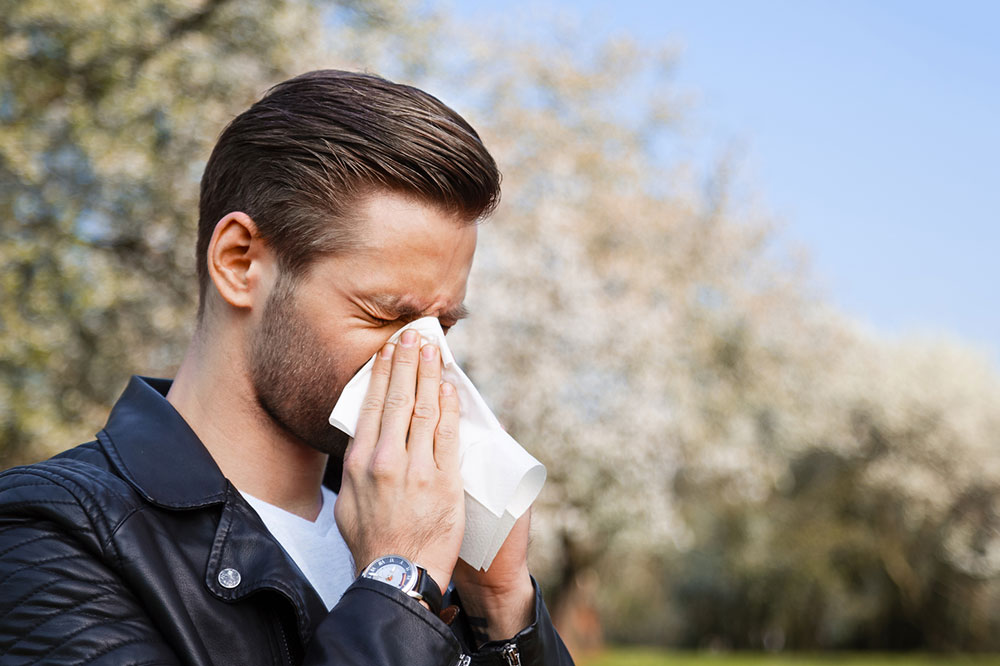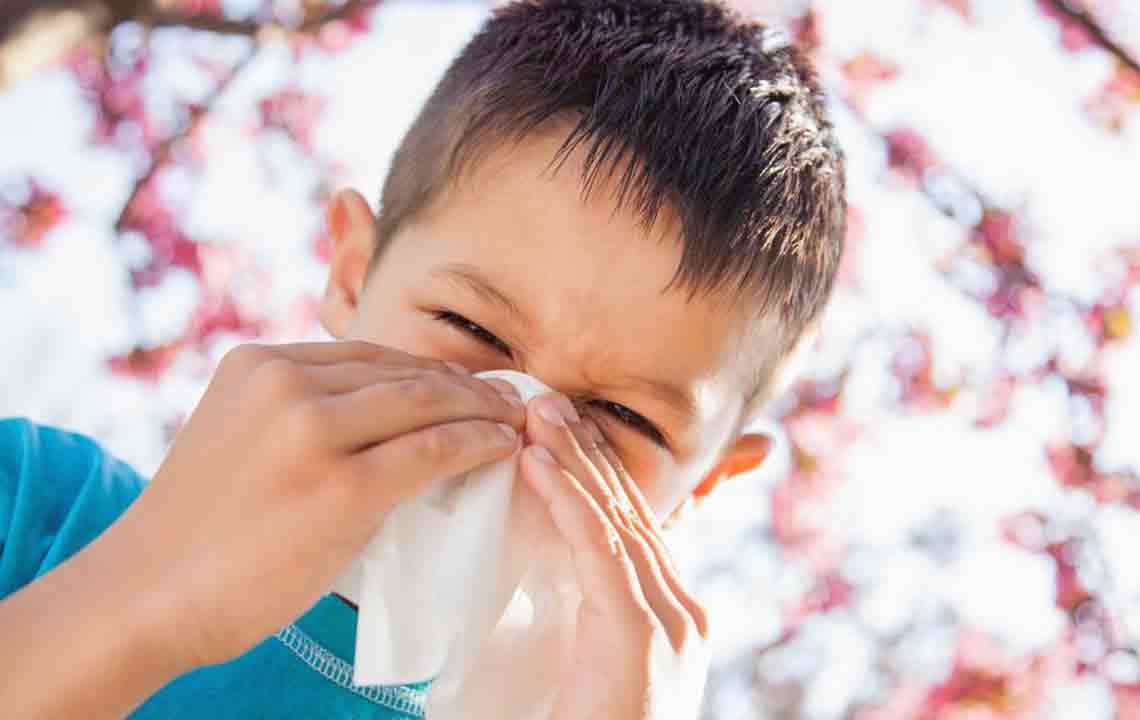Comprehensive Guide to Recognizing and Managing Allergic Reactions Early
This comprehensive guide explores early signs of allergic reactions, from mild symptoms to severe anaphylaxis. It covers the various types of allergies, their common triggers, and effective management strategies to prevent serious health complications. Recognizing these signs promptly and responding quickly can save lives, making awareness essential for allergy sufferers and their caregivers. This detailed overview aims to help readers understand allergy symptoms and how to take appropriate action to stay safe.

Comprehensive Guide to Recognizing and Managing Allergic Reactions Early
Allergic reactions are immune system responses to substances that are typically harmless to most people, known as allergens. For some individuals, exposure to these allergens triggers a heightened immune response, leading to symptoms that can range from mild discomfort to life-threatening emergencies. Understanding the early signs of allergic reactions, the various types, and how to effectively detect and respond to them is essential for maintaining health and preventing serious complications.
Recognizing common allergy symptoms is crucial for timely intervention. Symptoms can manifest on the skin, respiratory system, gastrointestinal tract, or cardiovascular system. It is important to note that allergenic responses can be unpredictable—initial mild signs may progress rapidly into severe conditions if not addressed promptly.
Common Signs and Symptoms of Allergic Reactions
The presentation of allergic reactions varies significantly depending on the type of allergen involved and the route of contact. Among the most prevalent symptoms affecting the respiratory and skin systems are:
Persistent fatigue and malaise
Frequent sneezing episodes
Runny or congested nose (allergic rhinitis)
Watery, itchy eyes
Development of rashes or hives (urticaria)
When allergies involve food or insect stings, gastrointestinal and skin symptoms are common:
Diarrhea, nausea, vomiting, and abdominal cramps following allergen ingestion
Redness, swelling, itching, and pain from insect bites or stings
While some allergic reactions are subtle and may go unnoticed initially, others can escalate rapidly, leading to severe health crises such as fever, swelling of the throat, or difficulty breathing, warranting immediate medical attention.
Understanding Anaphylaxis: The Emergency Response
Among the most critical allergic responses is anaphylaxis, a rapid-onset, potentially fatal reaction that requires immediate emergency treatment. Recognizing the symptoms early can be life-saving:
Severe difficulty breathing or shortness of breath
Wheezing or persistent coughing
Swelling of the throat, tongue, or lips causing airway obstruction
Broken out in widespread hives or skin redness
Tingling or numbness in the lips, tongue, or extremities
If anaphylaxis is suspected, administering an epinephrine injection promptly and seeking emergency medical care is vital. Delayed response can lead to shock, loss of consciousness, or even death.
Types of Allergic Reactions and Their Triggers
Allergic reactions are categorized based on the allergen source and exposure pathway. Understanding these categories enhances awareness and facilitates preventive measures.
Respiratory Allergies: Conditions such as allergic rhinitis (hay fever), which may be seasonal or perennial, are triggered by airborne allergens like pollen, mold spores, dust mites, and pet dander. These allergies often worsen during specific seasons—spring, summer, fall, or winter—depending on local environmental factors.
Food Allergies: Sensitivity to foods such as milk, eggs, seafood, nuts, or pulses can cause reactions ranging from mild discomfort to severe anaphylactic episodes. Identifying and avoiding specific food allergens is key to management.
Skin Allergies: Conditions like contact dermatitis, sun sensitivity, or reactions to latex and insect bites result in rashes, redness, swelling, or itching. Skin allergies often occur upon direct contact with the allergen.
Other Allergic Conditions: These include conjunctivitis caused by airborne allergens and drug allergies, such as allergic responses to medications like aspirin or penicillin, which can lead to hives, swelling, or more severe reactions.
Effective Management Strategies for Allergic Reactions
Managing allergies involves a combination of medical treatment and lifestyle modifications. Medications like antihistamines, corticosteroids, or epinephrine auto-injectors are commonly used to control symptoms and treat emergencies. Additionally, identifying and avoiding known allergens, maintaining clean living environments, and staying informed about allergy triggers play essential roles.
Educational awareness is crucial for patients and caregivers to recognize early signs, respond appropriately, and seek urgent medical attention when necessary. For severe allergies or known risk factors, carrying emergency medications and creating action plans can significantly reduce the risk of fatal reactions.
In conclusion, early recognition of allergic signs and prompt intervention are vital components of allergy management. Advances in medical research continue to improve treatment options, but awareness and vigilance remain key to minimizing risks and maintaining quality of life for allergy sufferers.





